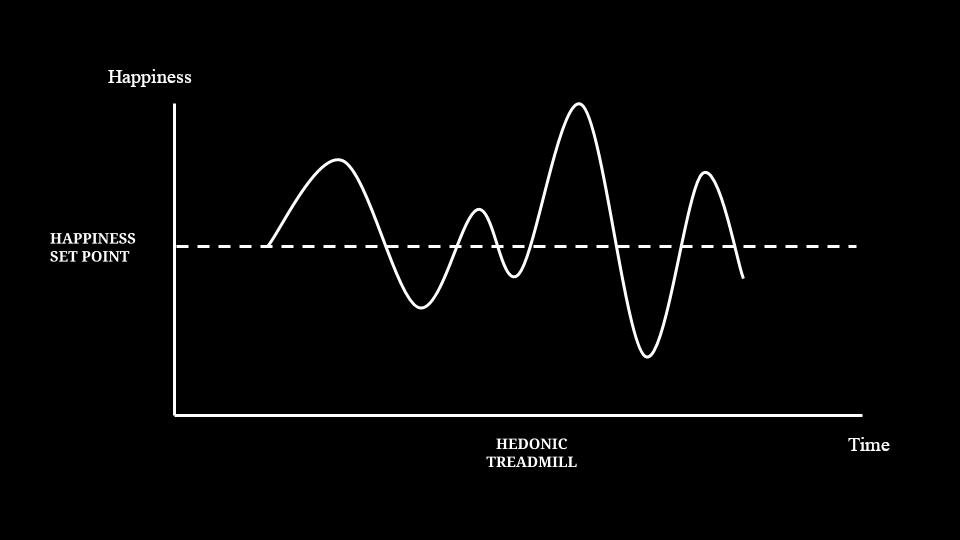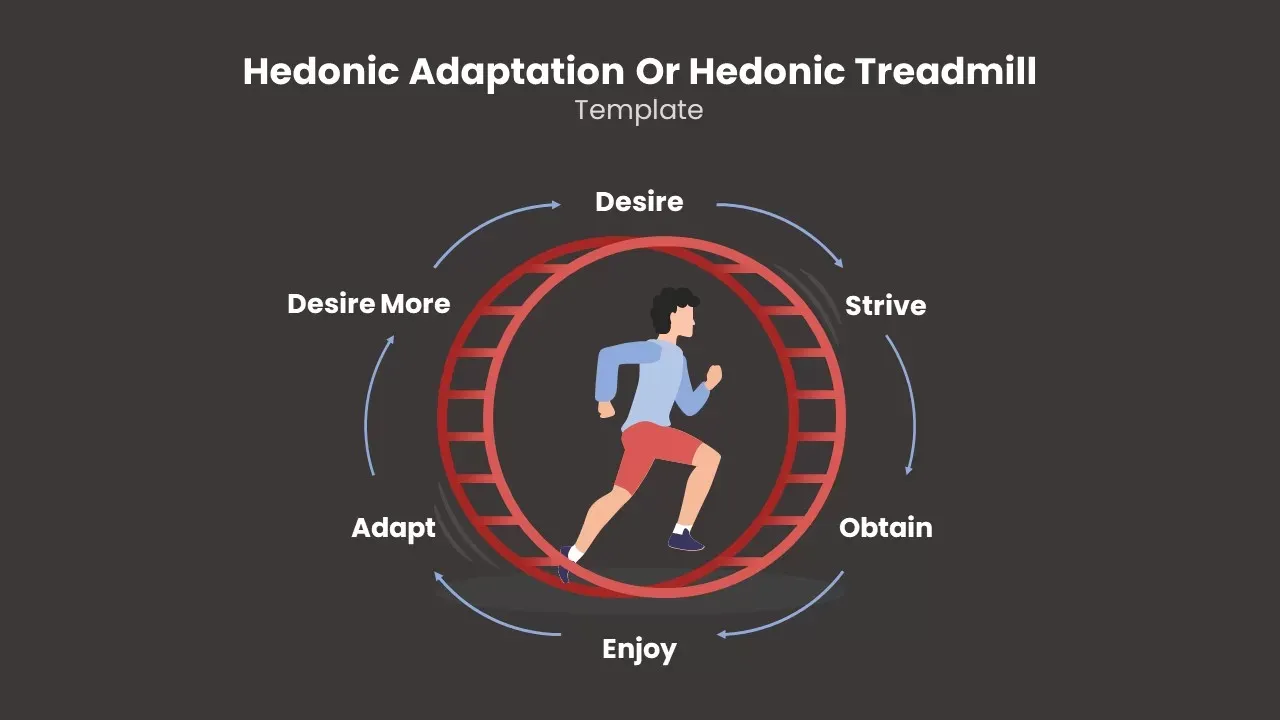Is self-improvement a scam? And the concept of Eudaemonia.

Previous articles on this newsletter concerned the topic of self-improvement. In different contexts and from different perspectives.
But what even is the goal of all this improving? And can you even improve?
The answer is not as obvious as you might think. Both questions have to be answered together. If you can improve comes down to how you define improvement. And that definition depends on what you improve towards–the end goal of improving.
The intuitive answer to this question may be “to live a happier life”. But a closer look at the science of happiness reveals, the impact we have on our happiness is difficult to quantify.
One prominent concept in psychology is the set point model of well-being. It claims that happiness fluctuates around a set point. Even after extreme positive or negative events, your happiness is expected to eventually return to a baseline. This baseline of happiness shall be determined by our genes or personality traits.

A concept related to the set point model of well-being is the hedonic treadmill. The idea, that life changes, let them be good or bad, will result in the adaptation of one's expectations and thus in a high stability of well-being over the long term.

If that holds true, it might actually be very difficult to improve towards living a happier life.
And there is evidence to the core idea of the concept. A study by Brickman et al. (1978) for instance indicates that lottery winners are just as happy as a control group of 'normal' people. And even severe accidents, that cause people to become quadriplegic, do not leave them as unhappy as you would think long term.
It seems impossible to experience extreme grieve or intense joy that lasts. There will probably never be this one thing that entirely changes your life for the good–or bad.
This would indicate that–given our western society, where the most fundamental needs can be obtained rather easily–striving towards some sort of life improvement to live a more joyful life afterwards might be doomed to fail.
Another research paper even suggests the paradoxical effect, that valuing happiness too much can cause us to be less happy (Mauss et al., 2011).
I therefore like the ancient Greek concept of Eudaemonia. It was used by multiple philosophers at that time and interpreted in different ways.
The concept of Eudaemonia, I want to refer to, is the one made infamous by Aristotle. As part of his Nicomachean ethics, Eudaemonia describes a form of happiness that comes down not to the situational affects of feeling good or bad but to character formation.
The idea is not t0 reach some sort of goal to then live a good life. You experience things and improve to develop your character. A character that can weather ugly and uncomfortable times, and one that can appreciate the good things in life–smaller as well as greater ones.
You should then find more contentment in life by getting seasoned at desiring and achieving things, as well as failing and being disappointed.
I would argue, no, there is nothing in life you can achieve, that will let you just live happy until the end of days. On the other hand, even seemingly impactful negative events like loss or failure will not determine your happiness long term.
I guess that’s a solid perspective from which to just try a lot of things. Even if you fail miserably, it’ll be hard not become more seasoned at living.
Exam preparation is done now. We'll aim for a longer article from now on! Until soon.